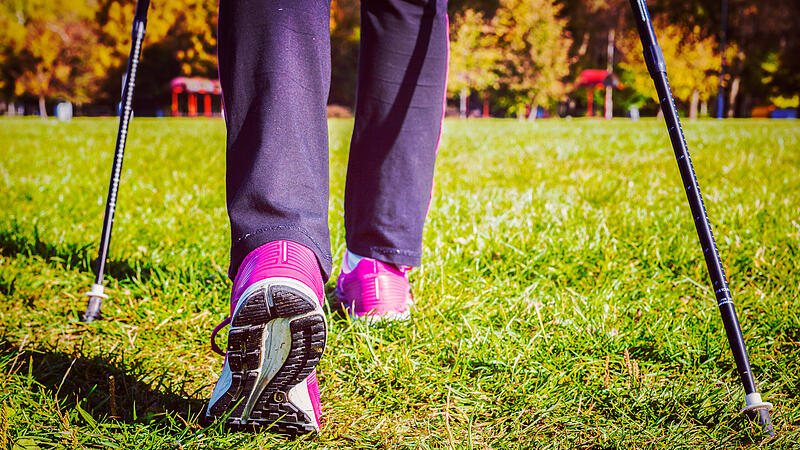Image: Colourbox
Many diseases can be prevented or delayed through a healthy lifestyle, and this has been well proven by studies.
“In the constant debate about medication, blood pressure medication yes or no, cholesterol lowering medication or not, we tend to forget that the best therapy is actually in our own hands,” says Adrian Mirtl, specialist in internal medicine in Linz and Puchenau and co-speaker for Elective doctors in the Medical Association for Upper Austria. In many cases, working on and with our bodies is the best medicine. This primarily includes exercise. The advantage: “It doesn’t cost a euro if you take at least 7,000 steps every day. At the same time, you improve your health now and in the future,” says Mirtl.
Light training is enough
“Ten kilograms less body weight lowers blood pressure more effectively than most common blood pressure medications.” You don’t have to bother yourself to do this. “Low-threshold training is often much more effective and productive than high-intensity training. The motto ‘no pain, no gain’ is out of place here,” says Mirtl.
A healthy diet should go hand in hand with exercise. What that is is widely debated. From a medical perspective, it’s all about the math: food minus excessive meat consumption, excessive sugar consumption (especially refined ones) and low-quality fats (trans fats). The three risk factors mentioned are extremely harmful and are responsible for most fatal diseases of affluence (such as obesity, high blood pressure, diabetes, heart and vascular diseases). This is particularly clear with sugar: “Sugar does not make you more alert or more productive, but exactly the opposite is the case. It blocks fat burning, is addictive, is primarily responsible for weight gain and makes you sluggish,” says Mirtl. You also can’t have hypoglycemia if you avoid sugar or fast. That is a complete misconception, says Mirtl.
Prof. Maffetone Rule
Tip from Adrian Mirtl, specialist in internal medicine in Linz: “Stick to the Prof. Maffetone rule: 180 minus age. Subtract another ten if you are bad at training.” An example: A 40-year-old who is not very fit should not have more than a training heart rate of 130 per minute (180 – 40 – 10 = 130).
My themes
For your saved topics were
new articles found.

info By clicking on the icon you can add the keyword to your topics.
info
By clicking on the icon you open your “my topics” page. They have of 15 keywords saved and would have to remove keywords.
info By clicking on the icon you can remove the keyword from your topics.
Add the topic to your topics.
Source: Nachrichten




